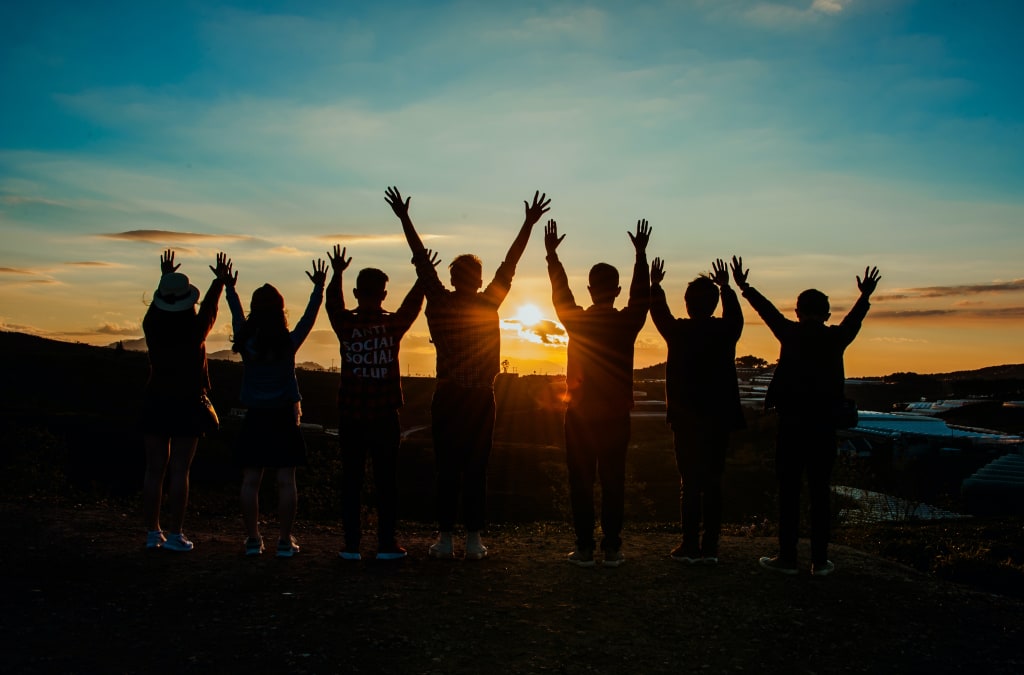
The evolution and history of humankind is a fascinating and complex subject that has captivated scientists, historians, and laypeople alike for centuries. It all began with the emergence of life on Earth approximately 3.5 billion years ago. Over time, different species of organisms evolved and developed unique adaptations that allowed them to survive and thrive in their environments.
One of the earliest forms of human-like primates was Australopithecus, which lived in Africa around 4 million years ago. These hominids had opposable thumbs, which gave them the ability to use tools and manipulate their environment. Over time, they evolved into early human species like Homo habilis and Homo erectus, who continued to develop their tool-making abilities and also learned how to control fire.
Around 200,000 years ago, the modern human species, Homo sapiens, emerged. They possessed advanced cognitive abilities and a highly developed language, which allowed them to cooperate and form complex societies. The first humans lived as hunter-gatherers, relying on the natural environment for their survival. Over time, they learned how to cultivate crops and domesticate animals, which led to the development of early agriculture-based societies.
The first civilizations emerged around 5,000 years ago in the Middle East and various parts of Africa and Asia. These civilizations were characterized by complex social structures, written language, and sophisticated systems of governance. Some of the most notable civilizations in history include the ancient Egyptians, the Mayans, the Greeks, and the Romans.
As human societies developed, they encountered and interacted with other cultures and civilizations. This often led to conflict, but it also facilitated the exchange of ideas, technologies, and beliefs. During the Age of Exploration, starting in the 15th century, European powers began colonizing other parts of the world and establishing empires. This period saw the rise of global trade and commerce, as well as the spread of Christianity and other religions to new parts of the world.
The Industrial Revolution, which began in the late 18th century, marked a major turning point in human history. It brought about significant changes in the way people lived and worked, as new technologies and innovations transformed the agricultural and manufacturing sectors. The development of steam power and other technological advancements paved the way for the growth of industrial capitalism, which became the dominant economic system in many parts of the world.
In the 20th century, humanity faced several major challenges, including two world wars, the rise of totalitarian regimes, and the Cold War between the Western and Eastern blocs. The latter part of the century saw the collapse of Soviet-style communism and the rise of globalization, which has had a profound impact on the economies and societies of many countries. Today, the world is more interconnected than ever before, with advances in communication and transportation technologies bringing people closer together.
In conclusion, the evolution and history of humankind is a rich and diverse story that spans billions of years. From the earliest hominids to the complex societies of today, humans have constantly pushed the boundaries of what is possible and have continuously adapted to the changing world around them. Despite the many challenges and obstacles that have arisen along the way, humanity has persevered and continues to evolve and shape the future.






Comments
There are no comments for this story
Be the first to respond and start the conversation.